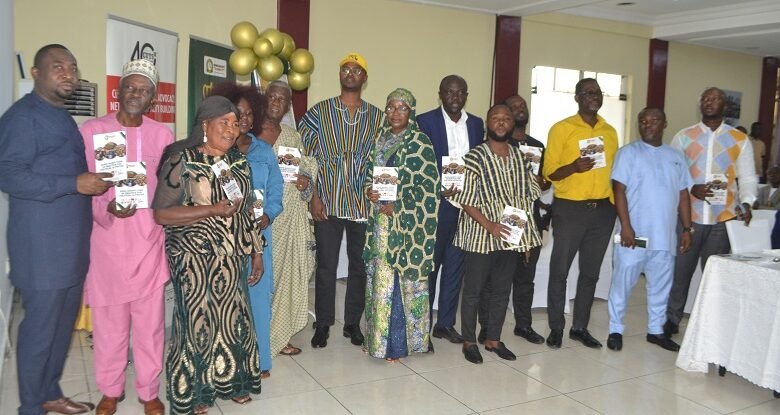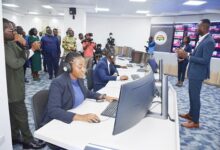
A Road Safety Code of Practice for political parties was launched yesterday in Accra by the National Road Safety Authority (NRSA) to enhance road safety during the election season.
The document details how political parties should manage campaign convoys and work with the police and law enforcement agencies to prevent disruptions to traffic flow during election rallies and events.
It also offers advice on using political platforms to promote road safety and integrating road safety measures into party manifestos and policy statements.
The document was developed in collaboration with key partners including the Ghana Police Service, Electoral Commission, political parties, civil society organisations and non-governmental organisations in road safety, LADA Institute, StreetSense and the Consumer Unity and Trust Service (CUTS) International.
The Director General of NRSA, Mr David Osafo Adonteng, said the road safety code of practice for political parties was important considering the number of road crashes, injuries, and deaths that were recorded during election periods.
He said election periods recorded high number of deaths from road crashes in the country as a result of the disregard for road traffic regulations and other best practices.
He cited data from the NRSA which indicated that for instance, in 2016, 44 people died in 100 crashes involving 157 vehicles during the election period in December, representing a 15.6 per cent increase over the same period in 2015.
Likewise, in 2020, 44 persons died while 169 were injured in 155 crashes recorded, an increase of 21.9 per cent over the previous year.
To address this, he said, the NRSA had scaled up its engagement with the political parties to educate them on road safety measures.
According to Mr Adonteng, the representatives of the political parties who were present at the launch were the ones who would serve as representatives of the NRSA in their party set up and would drive campaigns and rallies.
He also dispelled the notion that politicians often disregarded road traffic regulations during campaigns, saying “it is not about politicians but all of us. This is because once they take off, and they are going to campaigns, we follow them as citizens.”
Additionally, Mr Adonteng decried the impunity with which party sympathisers sometimes decide to take advantage of the lack of police officers on some parts of roads to disregard road safety regulations or because of the political party they were affiliated to.
He, therefore, urged leaders of political parties to take the lead in sensitising their party members to road safety measures and also charged the media to do the same.
The political parties and movements, after the launch of the guidelines, pledged their commitment to ensure that party members strictly adhere to them.
The political parties include the People’s National Convention, National Democratic Congress, New Patriotic Party, New Force, Convention People’s Party, People’s National Party, and the Liberal Party of Ghana.
BY BENJAMIN ARCTON-TETTEY







